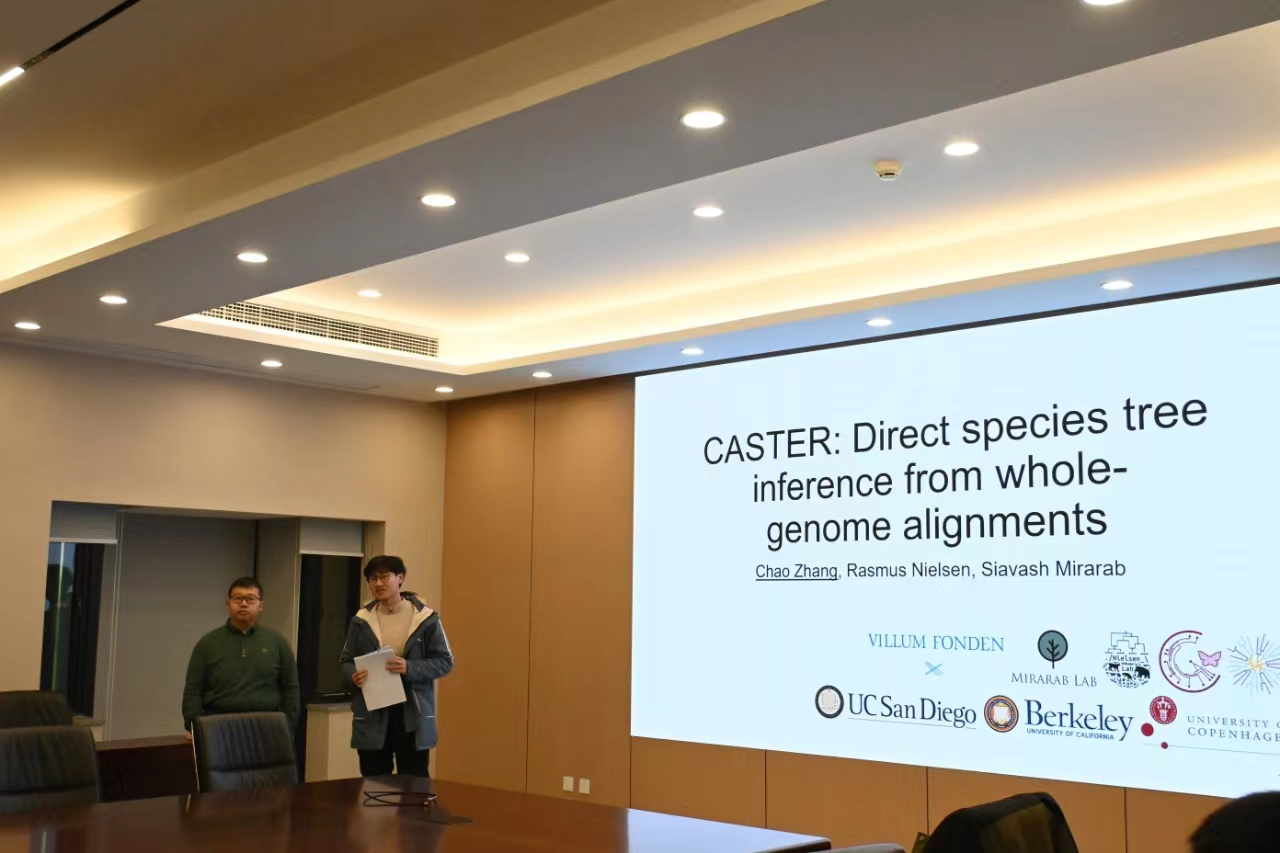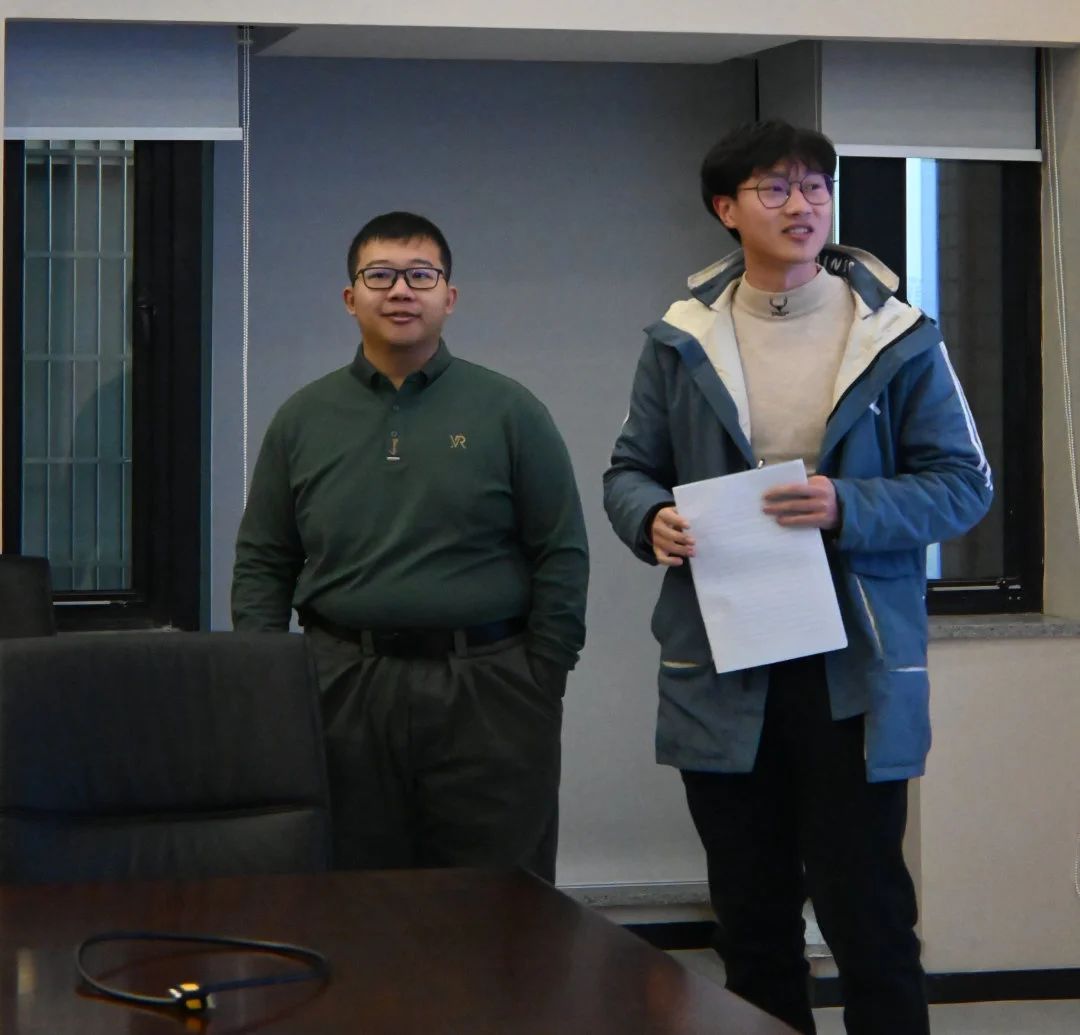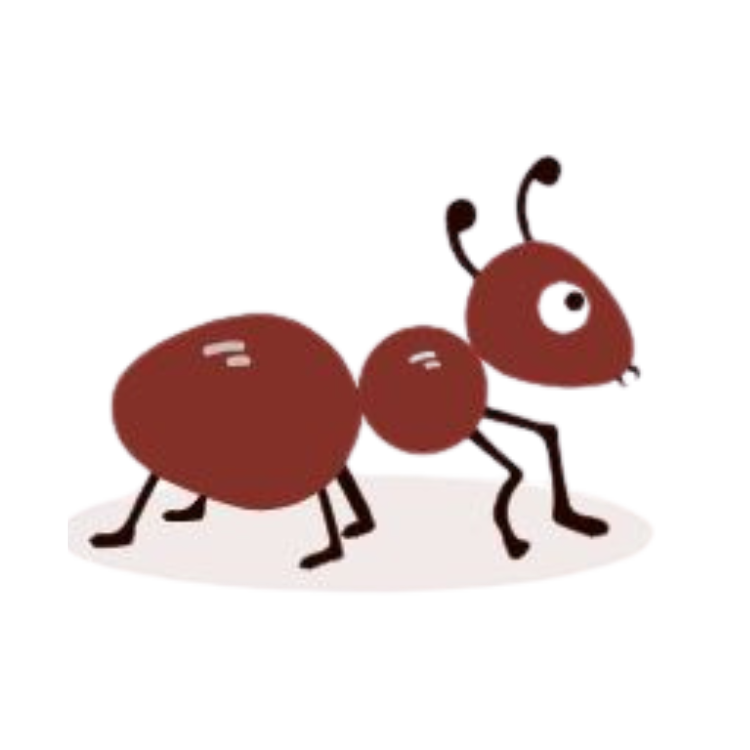12 / 15 / 2023
15:00 ~ 16:00
701, Comprehensive Building, School of Medicine
The whole school
Chao Zhang : CASTER : Direct species tree inference from whole-genome alignments
Back to ListOn December 15, 2023, Chao Zhang, a postdoctoral fellow at the University of Copenhagen and a visiting scholar at the University of California, Berkeley, was invited by The Center for Evolutionary & Organic Biology at Zhejiang University to give a lecture on evolutionary biology. Many of faculty and students from our center and the school of medicine participated in this discussion.
Chao received his Ph.D. from the Department of Bioinformatics and Systems Biology at the University of California, San Diego. His main research interests are phylogenetic tree construction algorithm research and tool development. The academic papers he authored as the first author have accumulated citations of over 1700 times. He was represented as ASTRAL-III.
Dr. Chao Zhang's conducted a presentation named “CASTER: Direct species tree inference from whole-genome alignments”, which introduced CASTER, a new generation of phylogenetic research tools, and its expanded applications. At present, there are still many difficulties in constructing phylogenetic trees. Due to unbalanced base replacement rate and incomplete lineage diverting, the accuracy of conformational trees using maximum reduction method and maximum likelihood method will be greatly affected.

As a new phylogenetic tool, CASTER has better performance in speed and accuracy compared with other tree-forming tools. Compared with RAxML-ng, SVDQuatrets, wASTRAL, and other algorithms, CASTER has the advantage of 1.7~2.2x in accuracy. In terms of operation speed, the two algorithms of CASTER have 8x and 60x speed respectively. CASTER filters the SNPs information of the extracted tetrad species through rigorous mathematical calculation so that it still has very high reliability under the influence of long branch attraction effect and Incomplete lineage sorting. Remarkably, CASTER has shown amazing ability in reconstructing phylogeny of 241 mammalian species: only two branches of are different from the mammalian phylogenetic tree obtained by Zoonomia Project, and the genomic analysis results of CASTER in these two branches indicate that the abnormalities of these two branches may come from hybrid-induced introgression. Dr. Zhang also explained that a new tool for extracting valid information from reads based on CASTER is currently being developed and named WASTER, which will yield better comparison results at a lower sequencing depth (~1.5x).

After Dr. Chao Zhang finished his report, the students had a heated discussion with him. Many of them are engaged in genome sequencing and have raised questions about the scope of CASTER. Dr. Zhang Chao happily answered these questions. The students who participated in the discussion expressed their expectations for the prospect of CASTER and WASTER tools. They hoped that they could be tried and verified in practical research as soon as possible.









